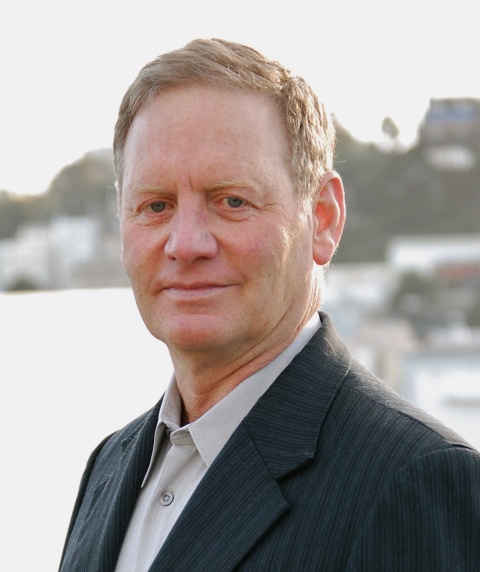Columbia College | Columbia University in the City of New York
Jeffrey Bruce Klein ’69, Founder and Editor of Mother Jones Magazine

In the turmoil of the West Coast counterculture, Klein was an East Coast transplant drawn to the Bay Area’s openness and expressiveness, including in its journalism. He envisioned a magazine that would be rooted in the left-wing politics of the 1960s but would go beyond muckraking exposés, to investigate the influence of big business on politics and a perceived growth of government malfeasance.
Klein found kindred spirits in Adam Hochschild, Paul Jacobs and Richard Parker, editors at the progressive magazine Ramparts. In 1974 they gathered to begin planning; “Mother Jones: A Magazine for the Rest of Us” launched in 1976 and quickly drew a following.
The magazine was named in honor of Mary Harris “Mother” Jones, a dynamic orator and organizer for United Mine Workers during the early part of the 20th century. It was published from a second-story office above a San Francisco McDonald’s; at its peak, the magazine had 238,000 subscribers.
Klein’s title was literary editor, but he spent his hours reaching out to all kinds of writers in addition to authoring his own pieces. “He energetically barraged every writer he could think of with phone calls and letters,” Hochschild said in an interview with The New York Times.
Born on Jan. 15, 1948, in Scranton, Pa., Klein majored in psychology and studied under Lionel Trilling CC 1925, GSAS 1938, which he said influenced his desire to become a writer. Despite his left leanings, he did not participate in the campus demonstrations of the late 1960s, opting instead to write for Jester. After graduation, he packed his red Volkswagen Beetle and drove to California, where he lived the rest of his life.
From its founding, Mother Jones was led by a rotating group of editors-in-chief who served one year apiece before moving on to another position. Klein did his stint in the 1970s and then left in 1981 to become editor in chief of San Francisco magazine. Soon after, he founded West, the Sunday magazine of The San Jose Mercury News. At West, Klein profiled top entrepreneurs in Silicon Valley and reported on the Pentagon’s influence within the high-tech and space industries.
By this time, Mother Jones was suffering; its subscription base had dropped by half, with many readers criticizing what they saw as its roster of predictable, left-leaning articles. Klein returned in 1992 to again become the magazine’s editor-in-chief, seeking a younger audience. He brought a tech-savvy sensibility to its investigative coverage, with features on Silicon Valley and the 1990s internet boom. He also began a $3.5 million market-research campaign and a redesign; subscriptions rebounded, and Mother Jones eventually became the first general-interest magazine to have a substantial website.
The magazine attempted bipartisan criticism, with Newt Gingrich and Bill Clinton serving as frequent targets. But several members of the Mother Jones board felt too many of its articles pushed against liberal orthodoxies, and Klein resigned in 1998.
He then taught journalism at Stanford and was a producer for PBS NewsHour with Jim Lehrer. One of his programs, on the Chinese economy, won a Gerald Loeb Award in 2006. Klein also wrote a 1991 science fiction novel, The Black Hole Affair.
Klein was predeceased by his first wife, Judith Weinstein. His second marriage, to Judi Cohen, ended in divorce. He is survived by his wife, Claudia Brooks; sons, Jacob and Jonah; sister, Carol White; brother, Ken; and four grandchildren.
— Alex Sachare ’71
Issue Contents
Published three times a year by Columbia College for alumni, students, faculty, parents and friends.
Columbia Alumni Center
622 W. 113th St., MC 4530, 6th Fl.
New York, NY 10025
212-851-7852
cct@columbia.edu
Columbia Alumni Center
622 W. 113th St., MC 4530, 4th Fl.
New York, NY 10025
212-851-7488
ccalumni@columbia.edu

